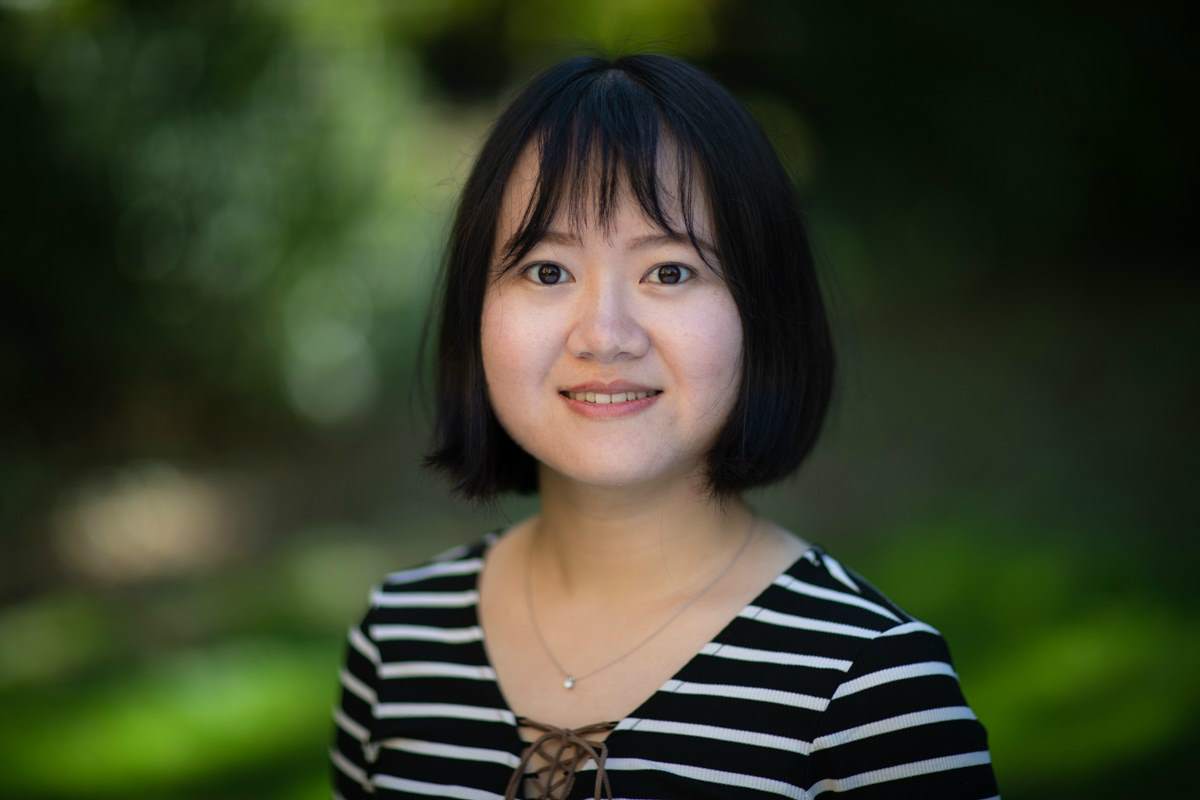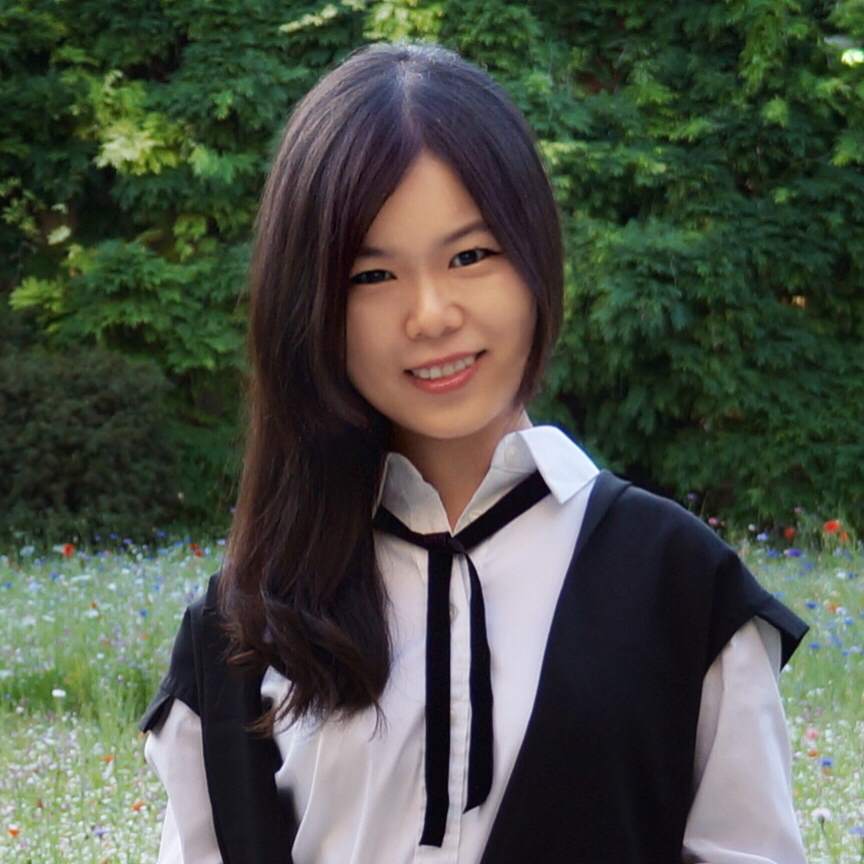What do political developments in China mean for university autonomy and academic freedom? A panel discussion
- Simon Marginson, University of Oxford
- Lili Yang, University of Oxford
- Xin Xu, University of Oxford
Overview
At the core of the Humboldtian notion of the university are the freedoms to learn, teach, inquire and research. The European and American university are nested in a tradition of institutional autonomy that is always partial, always contesting with the state, but never wholly disappears, or not for long.
Academic freedom is qualified by training regimes and performance management but for much of the time (more for some than others) there is space for self-determined creativity. The modern university in China is immensely productive in teaching and research, especially in the hard sciences.
Universities in China now produce more research papers in English than universities in America. No scholars anywhere like being directed from above and the Chinese university could not be a leader in scientific innovation if simple authoritarianism was the only force in play.
But China does have a political tradition different to the West, in which the state has a comprehensive rather than limited role and universities are always at the core of nation-building.
The last is sometimes but not always true in the European tradition. Are institutional autonomy and academic freedom the same concepts, the same practices, in China as they are at Oxford, Leiden, the University of California or Bath Spa University?
What are the implications for autonomy and academic freedom of the Xi Jinping era in China, with its increased emphasis in universities on national objectives, Chinese characteristics and the thought of the leader? What does this mean for Chinese universities? internationalisation strategies?
Correspondingly, how robust are liberal autonomy and freedom in Western universities ? and (the crunch question) to what extent can we treat these as universal principles that we expect in higher education everywhere?
Panel and short presentation titles
- Professor Simon Marginson – University autonomy and academic freedom: Universal concepts or culturally diverse practices?
- Lili Yang ? Chinese traditional interpretations of academic freedom and institutional autonomy, and implications in contemporary higher education
- Xin Xu ? Internationalising Chinese humanities and social sciences: Influences on institutional autonomy and academic freedom
Booking
All seminars are free and open to the public. No advance booking required.




